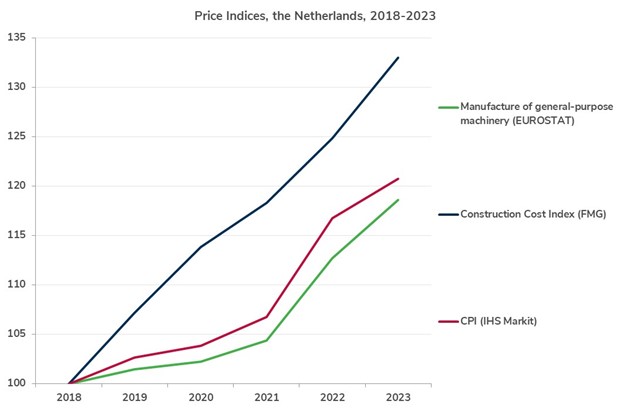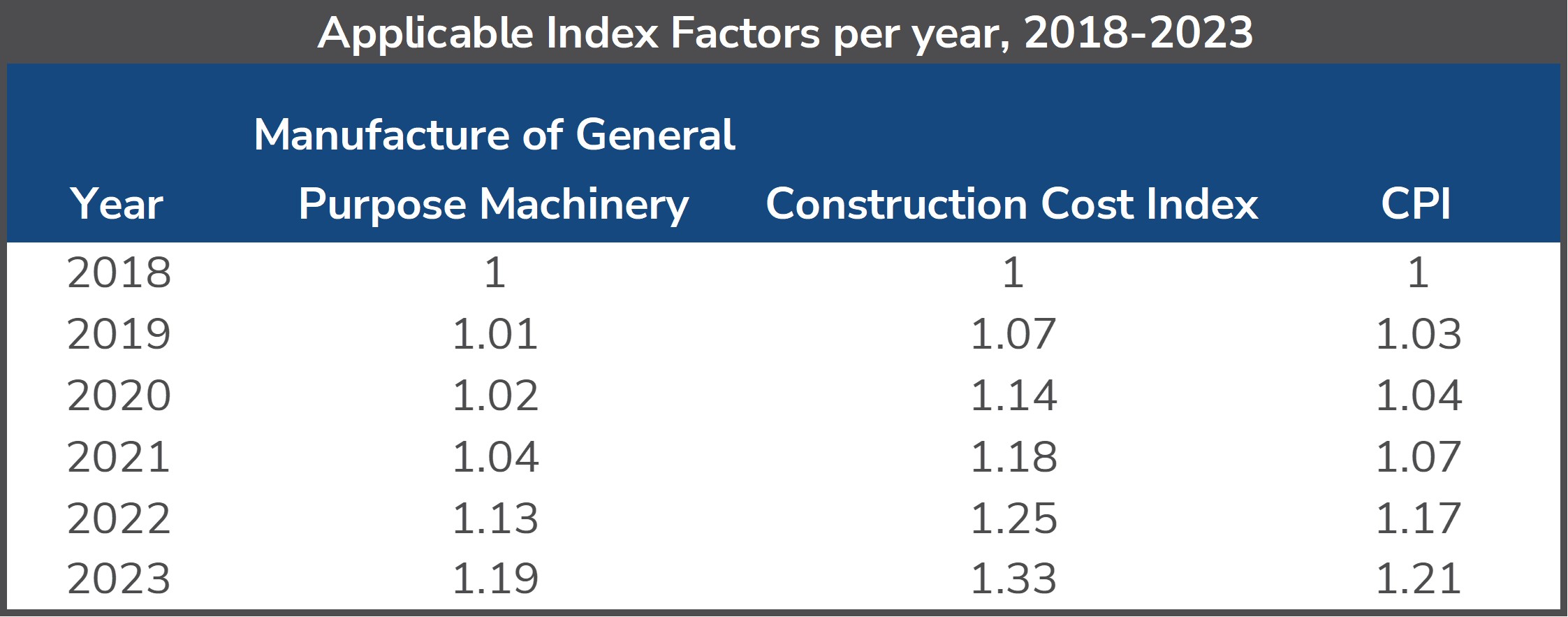Kroll: Is Inflation Here to Stay
Early in March 2021, Federal Reserve chairman Jerome Powell was reassuring markets, businesses and citizens around the world that inflation would be transitory, stemming mainly from supply chain disruptions in the aftermath of the COVID-19 pandemic.
Since then, this doctrine has long been abandoned, as governments and central banks throughout the world have been struggling to tackle inflation by using monetary policy tools such as quantitative tightening and the enforcement of consecutive interest rate hikes. Fast forward to 2023, and although the rate at which prices are increasing has seen signs of deceleration, inflation remains at levels well above the normal 2% that regulators traditionally have aimed for.

Even the most optimistic among market participants have recently adapted their views and recognized the necessity to operate in an uncertain, high-inflationary—at least for the time being—environment. In the realm of risk and insurance, a sector heavily affected by inflation, these developments have created a new-found problem; given that costs rise rapidly year-over-year and given that these increases are not showing any signs of significantly slowing down anytime soon, it seems that the sector needs to transform itself not only to perform but also to endure. For this transformation to bear fruit, it needs to be based on awareness, vigilance and proactivity as it pertains to the macroeconomic circumstances that are shaping its future.
Impact on Valuations (2022-2023)
During the past year, we observed that updates to insurance valuations were on high demand, as both underwriters and policyholders were struggling to keep up with the soaring construction costs that were rendering their previous valuations and, therefore, their insurance contracts, outdated. A lot of our clients that had omitted updating their valuation assessments over the past two years recognized they might now be underinsured. Below we have included three country-specific indices to demonstrate how price spikes have impacted insured values during recent years:

What is important to observe here are the steep inflation curves, starting from 2020-2021. In periods of price stability, typical inflation was in the range of 1.5%-2% per year for most developed nations of the Western world. Based on these conditions, historically, the industry standard had been to recommend new insurance valuations every five years, implying an overall increase in asset value of ~10% (or ~2% per year). Now, however, that same increase takes only one-three years to materialize. These circumstances are, therefore, substantially limiting the validity period of insurance valuations.

As seen on the table above for the Netherlands, the increases are staggering. In just five years, a general-purpose machinery asset would cost approximately 20% more to replace based on data published by the European Statistical office (Eurostat), whereas building construction costs have increased by 33% in the same period (Source: FM Global Property Loss Prevention Data Sheets).
Transforming Today, Performing Tomorrow
What does all this mean, and how does it affect the insurers and the insured? In short, it means that stakeholders must constantly be on the lookout for shortfalls in coverage and premia, and that we, as valuation experts, have to provide our clients with fast and efficient solutions, addressing the difficulties that extraordinary inflation is giving rise to.
That is why we at Kroll have been focusing our efforts on optimizing our valuation services by providing more comprehensive and timely solutions. One of those solutions is index tracking or cost monitoring. Cost monitoring refers to the practice of frequently tracking and monitoring construction costs for our clients, both for real and personal property, to anticipate any material changes in replacement cost values, which could materially impact a client’s current sums insured (CSIs). In this way, instead of a one-off insurance appraisal, which is typically updated after a period of five years, we provide our clients with recurring, annual updates to help them navigate through these troubled macroeconomic circumstances, guaranteeing that, if any insurance risk materializes, they are fully covered by their insurance contracts. In parallel, we are continuously striving to innovate, by offering products such as portfolio reviews, interactive dashboards and automated valuation tools, assisting clients to identify shortcomings in their insurance coverage.
It is almost certain that this current inflationary episode is going to, as all of them before it, wane and fade. However, how we act today will not only affect our short-term goals of battling present developments of market instability but also affect how well prepared we are for the future. Thus, by transforming our services today to match these difficult circumstances, we ensure that we will be ready to perform tomorrow, regardless of the circumstances.
Author bio:
Matthew Donahue, Managing Director, Fixed Asset Advisory Services, Kroll - Matthew Donahue is a managing director in the Amsterdam office, where he leads the Fixed Asset Advisory Services team within the Valuation Advisory Services practice.
Shreyasi Hait, Vice President, Fixed Asset Advisory Services, Kroll, based in Amsterdam.
Giannis Malikoutis, Analyst, Fixed Asset Advisory Services, Kroll, based in Amsterdam.
kroll.com


